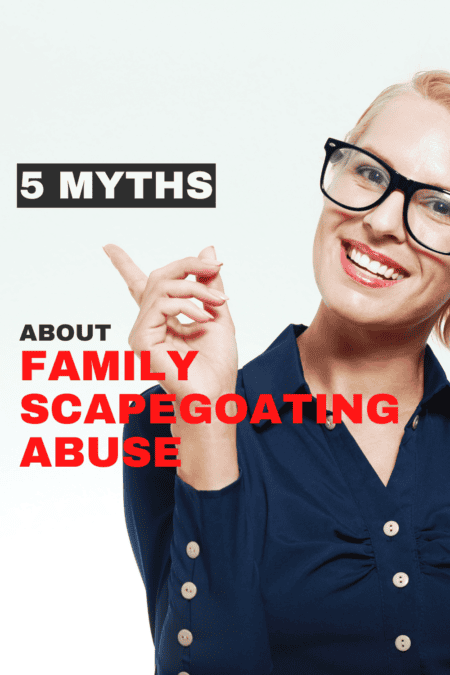This has been a very difficult week for me personally, and an even more difficult week is to come. Without getting into all of the details, both of my dogs are very ill (with differing symptoms) and because I live in a rural area, they will each need to be driven to a specialist two hours away for further diagnostics.
Given that writing an article is not possible this week, I decided to do my first 15-minute YouTube video in which I speak to FSA adult survivors directly about some important recovery issues, and that’s what I’m sharing with you today. The link to the video is at the end of this post. If you find it helpful, I’d love to hear from you in the comments (here or on YouTube) so I know to keep doing more psycho-educational videos like this one. I’m also working on adding captions to the video for the hearing impaired, but as this can be an involved process, it may take awhile for me to get those edited and inserted.
Speaking of pets: For many of us who are family scapegoating abuse (FSA) adult survivors, our animal family members can be extraordinarily important to us. They can provide us with unconditional love. They accept us as we are. They allow us to love and care for them. For some adult survivors of FSA, animals gave us our first experience of safe connection. Those of us who grew up feeling unprotected and vulnerable might feel protected for the first time in our lives via a loyal canine friend (I know this was true for me). So when we lose our animal companions, these losses can hit us hard. This is one of the topics I hope to address in a future article (FSA adult survivors and their connection with animals), and I appreciate that several of you have written to me to suggest the same.
Regarding our human connections: I wanted to take a moment to let you all know how much I value our connection here – your kind comments and words of support and encouragement regarding my book and my FSA research these past few years – and now, my new FSA Education YouTube channel – mean more to me than you could possibly know.
I also appreciate hearing that my new FSA public service announcement as well as the FSA Affirmations video have been helpful or felt very healing to so many of you. (If you haven’t seen these yet, you can check them out on my YouTube channel). This type of feedback lets me know where to put my time and energy in regard to the type of free resources I offer to FSA adult survivors and interested Mental Health practitioners.
Regarding today’s video offering: It has been my experience (after assisting FSA adult survivors in their recovery for the past twenty years; immersing myself in the data collected from my FSA research; and going through my own FSA healing process), that the five myths I’ve identified and am highlighting via this video can impede one’s full healing from this most painful form of family abuse. You may not agree with me that these are all myths and/or my views may not reflect your experiences or reality. I therefore encourage you to “take what you like, and leave the rest”.
WARNING: If you find this video triggering or upsetting, I suggest you take a break from it and watch it another time – or not at all. If you found something of value from it, please ‘like’ the video via the ‘thumbs up’ so YouTube’s algorithm pays attention to it and features it in searches so that other FSA adult survivors might see it. You may also subscribe to my new FSA Education YouTube channel (tap the bell after subscribing to be notified of new video releases).

Leave a Reply to fred tCancel reply